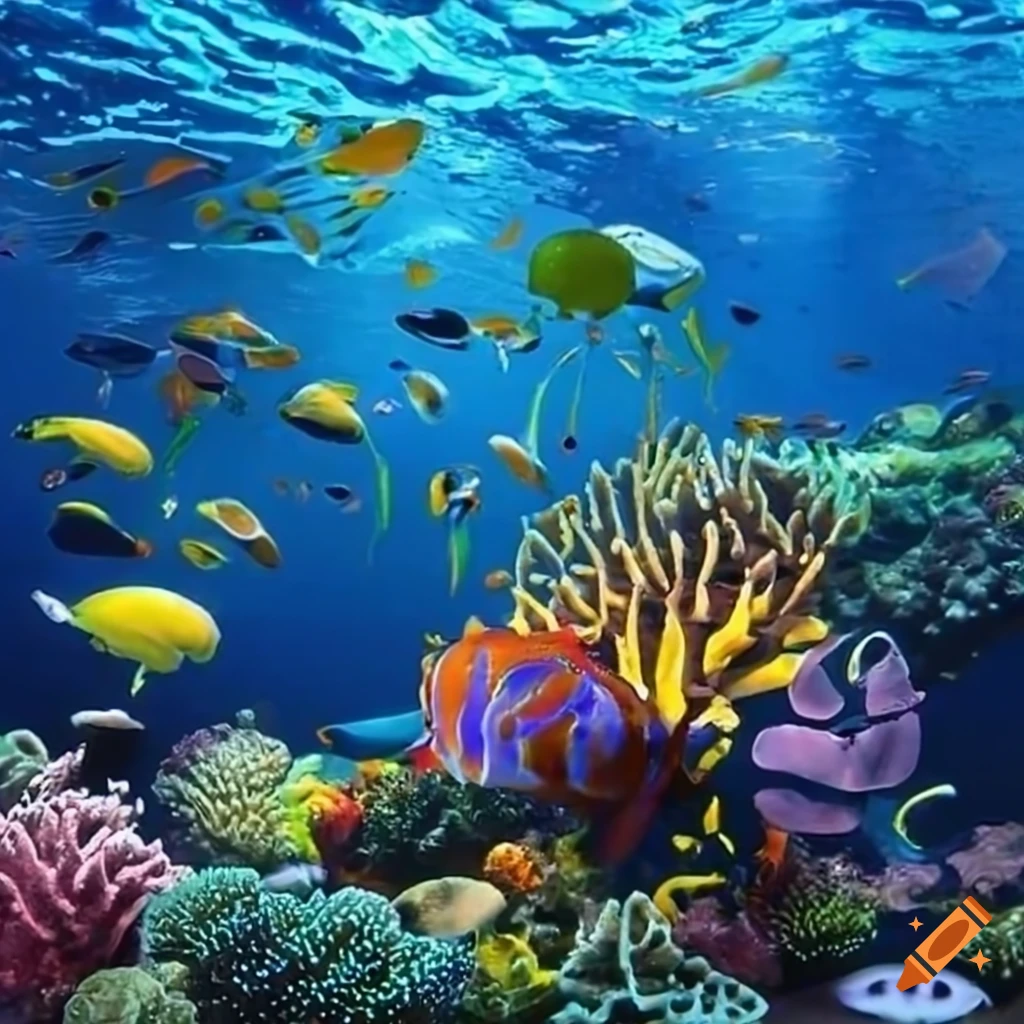
One of the primary threats to coral reefs is climate change. Rising sea temperatures caused by global warming lead to a phenomenon known as coral bleaching. When the water becomes too warm, the symbiotic relationship between coral polyps and the algae that live within them breaks down, causing the coral to lose its vibrant colors and eventually die. Coral bleaching not only diminishes the beauty of the reefs but also disrupts the delicate balance of the ecosystem.
Another major threat is ocean acidification. As carbon dioxide levels in the atmosphere increase, a significant portion of the CO2 is absorbed by the oceans. This leads to the acidification of the seawater, which hinders the ability of corals to build their calcium carbonate structures. Without these structures, the coral reefs become weaker and more susceptible to damage.
Pollution is also wreaking havoc on coral reefs. Runoff from agricultural activities, industrial waste, and sewage discharge introduce harmful chemicals and excessive nutrients into the ocean, causing water quality to deteriorate. This pollution can suffocate coral, inhibit their growth, and increase the risk of diseases.
Overfishing poses a significant threat as well. Removing too many fish from coral reef ecosystems disrupts the delicate balance of the food chain. Certain species of fish, such as parrotfish and surgeonfish, play a crucial role in maintaining the health of coral reefs by consuming algae that can overgrow and smother the corals. Without these essential herbivores, the reefs become vulnerable to algal overgrowth, leading to their decline.
Human activities, such as coastal development and destructive fishing practices, also physically damage coral reefs. Construction of resorts, ports, and other coastal infrastructure can lead to sedimentation, which smothers the coral and prevents their growth. Destructive fishing practices, such as using dynamite or cyanide to capture fish, not only harm the targeted species but also cause collateral damage to the coral reefs.
The combined impacts of these threats have resulted in a significant decline in the health and biodiversity of coral reefs worldwide. It is estimated that approximately 50% of coral reefs have already been lost, and without urgent action, this number is projected to increase.
To protect and conserve coral reefs, it is crucial to implement effective measures. This includes reducing greenhouse gas emissions to mitigate climate change, implementing sustainable fishing practices, and creating marine protected areas where coral reefs can thrive. Furthermore, educating the public about the importance of coral reefs and promoting responsible tourism can help raise awareness and encourage conservation efforts.
The survival of coral reefs is not only essential for the countless marine species that depend on them for habitat and food but also for the millions of people who rely on reefs for their livelihoods, tourism, and coastal protection. It is imperative that we take immediate action to safeguard these fragile and invaluable ecosystems for future generations.
---
Note: If the text above is not clear, the reason is probably that ShowMoor has encrypted it.
Press the ShowMoor -button, join the community and you can - in addition to this - enjoy everything the service has to offer - for a small subscription fee.